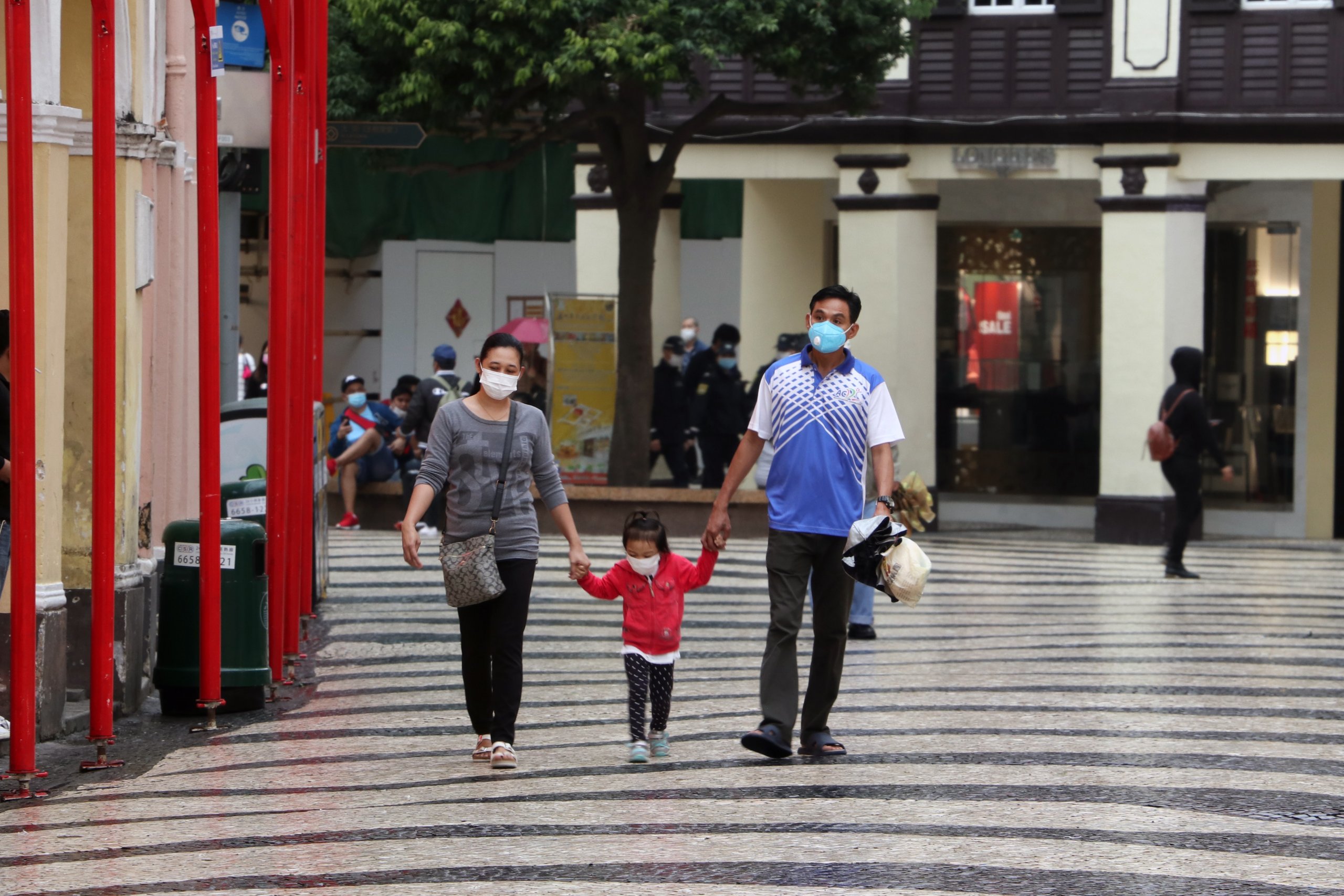
COVID-19 has been declared a global health emergency by the World Health Organization as the outbreak continues to amplify outside of China, infecting over 70,000 people worldwide and causing hundreds of deaths. Effective communication, cooperation and collaboration between international unions and scientific organizations are critical in the face of an epidemic of this scale.
According to information from the World Health Organization, Coronaviruses, (CoV) are a large family of viruses that cause illnesses ranging from fairly benign viral infections such as the common cold, to more severe diseases such as Middle East Respiratory Syndrome (MERS-CoV), which was first identified in Saudia Arabia in 2012, and the Severe Acute Respiratory Syndrome (SARS-CoV), which caused infections and deaths in 26 countries in 2003. Coronaviruses are zoonotic – meaning they are transferred between animals and people. The 2019 Novel Coronavirus was first identified in Wuhan, China, and has now spread to a number of other countries.
After weeks of being referred to as “The Wuhan Virus” or simply “Coronavirus,” the illness now has a scientific name – COVID-19. The name was announced on the 18th of February, almost two months after the first diagnosed case, in a paper from the Coronavirus Study Group at the International Committee on the Taxonomy of Viruses, a committee of the International Union of Microbiological Societies (IUMS). The new name was intended to meet guidelines on naming a disease, and to prevent the use of other names, such as “Wuhan Virus,” that can be stigmatizing and racially charged. The use of non-scientific names can often add to additional confusion, such as the “Swine Flu” or Influenza A H1N1 Virus outbreak in 2009.
“International scientific collaboration is vital for the sharing of knowledge, resources, reagents and technologies that will facilitate and accelerate the development of vaccines and therapeutics.”
Roslyn Kemp, IUIS Secretary General
Collaboration between numerous unions and institutions allows us to collectively mobilize and communicate research to public health officials, doctors, and those on the front lines of the crisis.
“International scientific collaboration is vital for the sharing of knowledge, resources, reagents and technologies that will facilitate and accelerate the development of vaccines and therapeutics,” says Roslyn Kemp, Secretary General of the International Union of Immunological Studies. “In the immediate to short-term, we have an important role in promoting awareness and providing the community with accurate updated information through leading trusted organizations such as the WHO and Centers for Disease Control and Prevention (CDC).”
Harnessing the power of accurate scientific research from global pools of scientists is a key catalyst in taking control of a virus that, in an increasingly globalized world, has the potential to spread at a rapid rate. According to an article written by a group of scientists for Future Earth, global health concerns such as COVID-19 require not only international collaboration, but science-based solutions and local action. “Effectively addressing the COVID-19 outbreak will require global solutions that are implemented locally, based on scientific evidence,” they say. “Research organizations can improve our understanding of the causes, risks, infectiousness, and threats of a pandemic. Health organizations can emphasize the importance of human behavior in disease emergence, and what can be done to avert the emergence and spread of these diseases.”
Franz W. Gatzweiler is a Professor at the Institute of Urban Environment, Chinese Academy of Sciences, and Executive Director of the International Science Council’s global programme on Urban Health and Wellbeing. “The COVID-19 outbreak needs to be understood in the bigger context of global urban and planetary health pressures that affect us all,” Gatzweiler says. “To develop solutions which prevent emergencies and save lives, global science collaboration needs to develop collective intelligence by thinking, communicating and acting together, better.”
COVID-19 is fast-moving. Though scientific unions assist the world in this rapidly evolving situation, online misinformation and speculation is spreading nearly as quickly as the illness itself. In Ukraine, protesters attacked a bus of evacuees due of an unverified rumour of infection among them, and a 16-year-old boy in California’s San Fernando Valley was physically assaulted by classmates who accused him of carrying the virus. As the WHO advises the world to prepare for a pandemic, trust in verified science and international scientific collaboration is crucial.
Jinghai Li is the Vice-Chairman of China Association for Science and Technology, and the Vice-President of Chemical Industry and Engineering Society of China. He has been Vice-President of the ISC since 2018. “COVID-19, although [it] first broke out in China, is a common challenge facing humankind,” he says. “It is crucial for the international scientific community to work together and share data and research findings openly and rapidly”.
The International Science Council pledges its solidarity to the people of China, and the world, in supporting international efforts that safeguard regional and global public health security. We stand ready to use our convening power as the global voice for science to assist China and the international community in advancing solutions to this epidemic.
Photo by Macau Photo Agency on Unsplash.